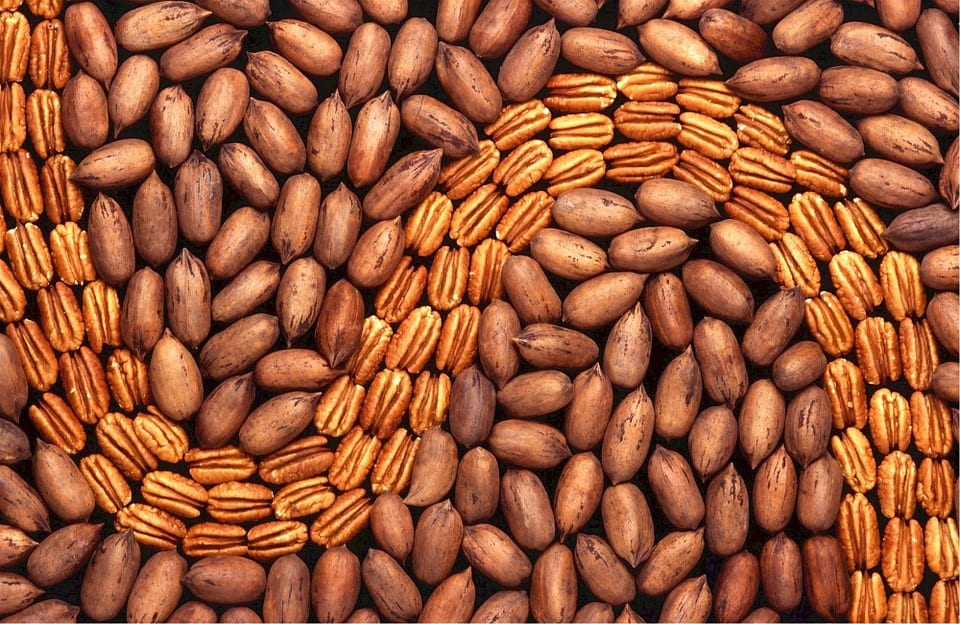Pecan trees are a wonderful addition to any home or farm. And whether you’re looking for shade, harvest, or anything else from your tree, you want to be sure to take care of it as best you can. After all, what’s the point in making an investment if you aren’t going to make sure it lasts as long as it can? We’ve put together a handy guide that tells you all you need to know about how to care for a pecan tree after you researched a variety of pecan trees for sale. This way, you can look forward to many years of beautiful, green foliage and tasty, healthy pecans.
Be Sure You Are in the Right Climate
Not all environments are created equal. You want to be sure you have the proper temperatures to support a happy pecan tree. Frost is your main enemy, but it’s not a complete death sentence. The best way to see if you’re in a pecan-friendly area is to check the Hardiness Zone Map. This map ascribes a code to each area depending on the average minimum winter temperature. This is used by gardeners across the country to see if their plants will be able to survive the winter.
Pecan trees do best in hardiness zones 6 through 9. They can survive in hardiness zone 5, but they won’t produce nuts. So if you find yourself in a pecan-friendly zone, you’re good to go!
Georgia Pecan Nursery has a variety of pecan trees for sale and all you need to grow a beautiful pecan tree at your home. Check out our Pecan trees for Sale today!
Choose the Right Spot to Plant a Pecan Tree
These trees are big. They might not look like it when they are a sapling, but these trees can grow to 130 feet tall and 75 feet wide (depending on the variety of tree). This means you are going to need to put a lot of space between them and your house, or even between each other. You don’t want to watch your tree grow big and strong, only to have it cut down because it started to grow into your house. So be sure to give them enough room. Pecan trees like to spread out, and giving them the room to do this right from the start gives them their best chance at thriving for years to come.
Plant Pecan Trees in the Winter
It might seem counter-intuitive, but planting a pecan tree right before the dormant season gives them the best chance to put down roots. A strong root system gives the tree the ability to soak up all the water and minerals it needs to grow big and strong. Putting your tree in the ground in the winter puts it on the right track toward solid growth.
Keep Pecan Trees for Sale Watered
Pecan trees for sale, from a pecan tree nursery, like to be moist. Rain water can give them a lot of what they need, especially if you live in a particularly wet area. But there might be a need for some additional watering in order to get the full, delicious pecans you crave. “Water has more of an effect on pecan production than does any other environmental factor,” says the University of Georgia. “A mature tree can require as much as 350 gallons of water per day during the nut filling stage.” Pay attention to the amount of water your tree is receiving, particularly around September when the pecans are beginning to form. Improper watering can lead to low-quality pecans.
Check the Soil of Pecan Trees for Sale
Fertilizer is important to produce a strong and healthy tree that will provide a better harvest of pecans. Most pecan trees for sale will require at least one treatment of fertilizer to stay healthy throughout the summer. The amount of fertilizer needed will depend on the age of your tree and the quality of your soil. You can get a home testing kit from your local gardening store to see how well you’re soil is doing. However, you can also simply apply a general 10-10-10 blend of fertilizer. Measure the diameter of your tree trunk and use four pounds of fertilizer for every inch. Spread the fertilizer evenly starting about one foot out from the tree trunk. Spread about twice as wide as the canopy above, since this is a good way to estimate how far the roots are reaching. Water it well after spreading.
Pay Attention to Pests from the Pecan Trees for Sale
Pests are a problem for most plants. Insects gnawing through the leaves and pecans can have negative effects on your pecan tree. The best way to address this is to check your tree for signs of pests frequently and thoroughly. If you find signs of a pest, try to identify it as soon as you can. Go to your local gardening center and find the insecticide that deals best with your particular pest.
Are you ready to get your tree in the ground? Visit Georgia Pecan Nursery to check out our variety of Pecan Trees for Sale.

